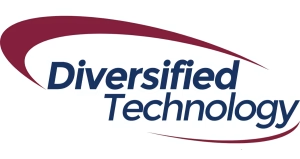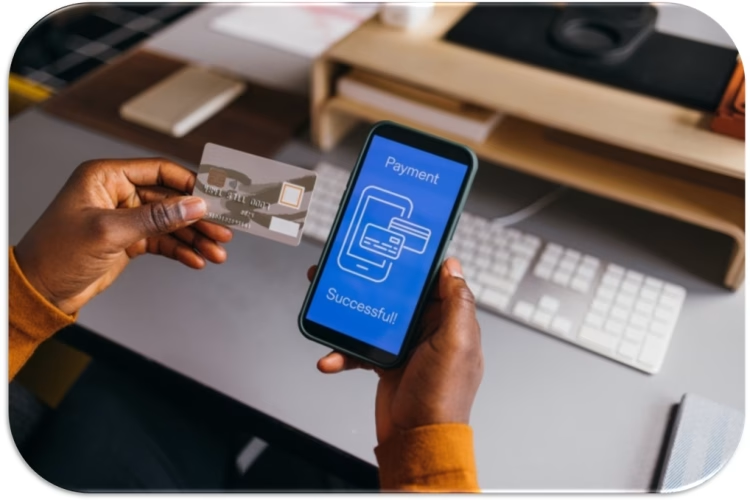In recent years, municipal utilities have increasingly adopted Online Payment Processing solutions to streamline operations, enhance customer convenience, and improve financial efficiency. As digital transactions continue to evolve, cities and municipalities are leveraging emerging technologies to optimize the way residents pay for essential services such as water, electricity, waste management, and gas. Several key trends have emerged in the Online Payment Processing landscape, shaping the future of municipal utility billing and collections.
1. Increased Adoption of Digital Wallets and Mobile Payments One of the most significant shifts in Online Payment Processing is the growing use of digital wallets and mobile payment applications. Services such as Apple Pay, Google Pay, and PayPal have gained widespread acceptance, offering consumers a seamless way to settle utility bills through their smartphones. Municipal utilities are integrating these payment options into their portals to meet customer demand for frictionless, one-tap transactions. This trend aligns with broader shifts in consumer behavior, where mobile transactions are becoming the preferred method for digital commerce.
2. Automation and AI-driven Payment Solutions Automation and artificial intelligence (AI) are playing an increasing role in Online Payment Processing for municipal utilities. AI-powered chatbots, automated bill reminders, and predictive analytics are helping municipalities improve collections and reduce late payments. By integrating AI-driven tools into their payment platforms, utility providers can send personalized notifications to customers, detect payment trends, and anticipate potential delinquencies. Furthermore, automated payment scheduling enables residents to set up recurring payments, reducing the likelihood of missed bills while enhancing convenience.
3. Enhanced Security and Fraud Prevention Measures As Online Payment Processing becomes more prevalent, municipalities must address cybersecurity risks and protect sensitive financial data. Advanced encryption technologies, multi-factor authentication (MFA), and tokenization are increasingly being implemented to ensure secure transactions. Many municipal utilities are also adopting Payment Card Industry Data Security Standard (PCI DSS) compliance protocols to safeguard customer information. With the rise of cyber threats, investing in robust security measures is a top priority for municipalities seeking to build trust and maintain compliance with regulatory standards.
4. Integration with Smart Utility Metering and IoT Devices The Internet of Things (IoT) is revolutionizing utility management by enabling real-time monitoring of energy and water consumption. Modern Online Payment Processing systems are integrating with smart meters and IoT devices to provide customers with accurate, usage-based billing. This integration allows residents to view their real-time consumption data, receive alerts about excessive usage, and make instant payments through online portals. By leveraging IoT technology, municipalities can reduce operational costs, enhance customer engagement, and promote energy conservation.
5. Expansion of Alternative Payment Methods While credit and debit cards remain the dominant payment methods, municipal utilities are expanding their acceptance of alternative options, including cryptocurrency and buy-now-pay-later (BNPL) plans. Some cities are exploring blockchain-based payment systems to facilitate transparent and efficient transactions. Additionally, BNPL services allow residents to split their utility bills into smaller installments, easing financial burdens and improving payment compliance. The diversification of payment methods reflects an effort to accommodate a broad range of customer preferences and financial situations.
6. Cloud-Based Payment Platforms and SaaS Solutions Cloud technology is transforming Online Payment Processing by enabling municipalities to adopt scalable, cost-effective Software-as-a-Service (SaaS) platforms. Cloud-based solutions offer increased flexibility, allowing utility providers to manage payments, automate billing, and generate real-time financial reports from any location. These platforms also facilitate seamless integration with existing customer relationship management (CRM) systems, improving operational efficiency. The adoption of cloud technology enhances data accessibility, reduces infrastructure costs, and ensures continuous system updates with minimal downtime.
7. Personalized Customer Experiences and Data Analytics Data analytics is playing a crucial role in shaping the future of Online Payment Processing. By analyzing customer payment behaviors, municipal utilities can tailor their communication strategies, offer personalized payment plans, and optimize billing cycles. Predictive analytics tools can identify customers at risk of delinquency, enabling proactive engagement and assistance. Additionally, machine learning algorithms can improve fraud detection, flagging suspicious transactions before they occur. Personalized customer experiences foster greater satisfaction and encourage timely payments.
8. Regulatory Compliance and Open Banking Initiatives The evolving regulatory landscape is influencing how municipal utilities implement Online Payment Processing systems. Many jurisdictions are embracing open banking initiatives, allowing third-party financial service providers to securely access customer payment data (with consent) to facilitate faster transactions. Open banking promotes competition and innovation, enabling municipalities to offer enhanced payment options such as direct bank transfers and real-time payments. Ensuring compliance with data privacy laws, such as the General Data Protection Regulation (GDPR) and the California Consumer Privacy Act (CCPA), is essential for maintaining consumer trust.
9. Sustainability and Paperless Billing Initiatives Environmental consciousness is driving municipalities toward paperless billing solutions as part of their Online Payment Processing strategies. Digital invoicing reduces paper waste, lowers printing and mailing costs, and supports sustainability initiatives. Many utility providers are incentivizing customers to switch to electronic billing by offering discounts or loyalty rewards. As governments worldwide emphasize environmental responsibility, paperless billing will continue to be a key component of municipal payment processing solutions.
10. Real-Time Payment Processing and Instant Fund Transfers Traditional payment processing methods often involve delays due to bank clearing times and manual reconciliation processes. The adoption of real-time payment networks is accelerating in the municipal sector, allowing residents to make instant utility bill payments. Real-time processing reduces administrative overhead, enhances cash flow management, and improves service delivery. With faster transaction settlements, municipalities can allocate funds more efficiently and address service requests in a timely manner.
Conclusion The landscape of Online Payment Processing for municipal utilities is evolving rapidly, driven by advancements in digital payments, automation, and data security. As municipalities continue to modernize their billing systems, integrating mobile payments, AI-driven automation, cloud-based solutions, and real-time processing will be essential for improving efficiency and customer satisfaction. By embracing these trends, municipal utilities can enhance financial operations, strengthen cybersecurity measures, and provide residents with a seamless and secure payment experience.

